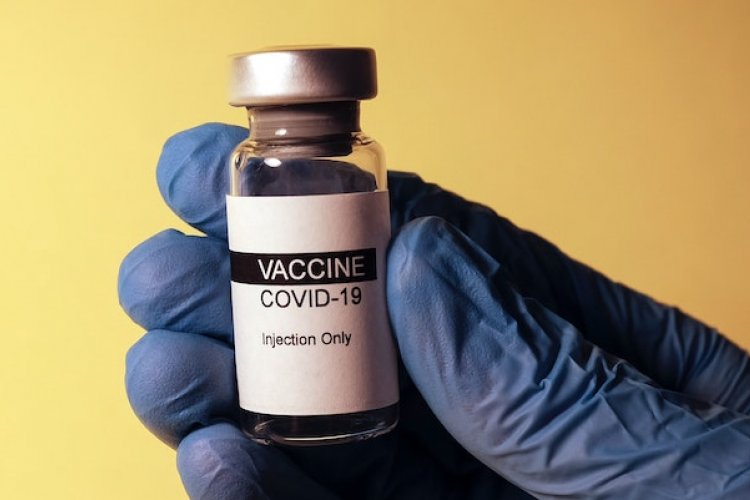One of the strange effects that rabies has on the brain, is that it can cause a fear of water, because the victim has trouble swallowing. That is why you see the foaming of the mouth of rabies victims. This extra saliva in turn causes there to be more of the virus in the mouth in the event of a bite. It also can causes fits of rage, when the brain is getting too many confused signals.
Fortunately in most countries rabies is very rare.






